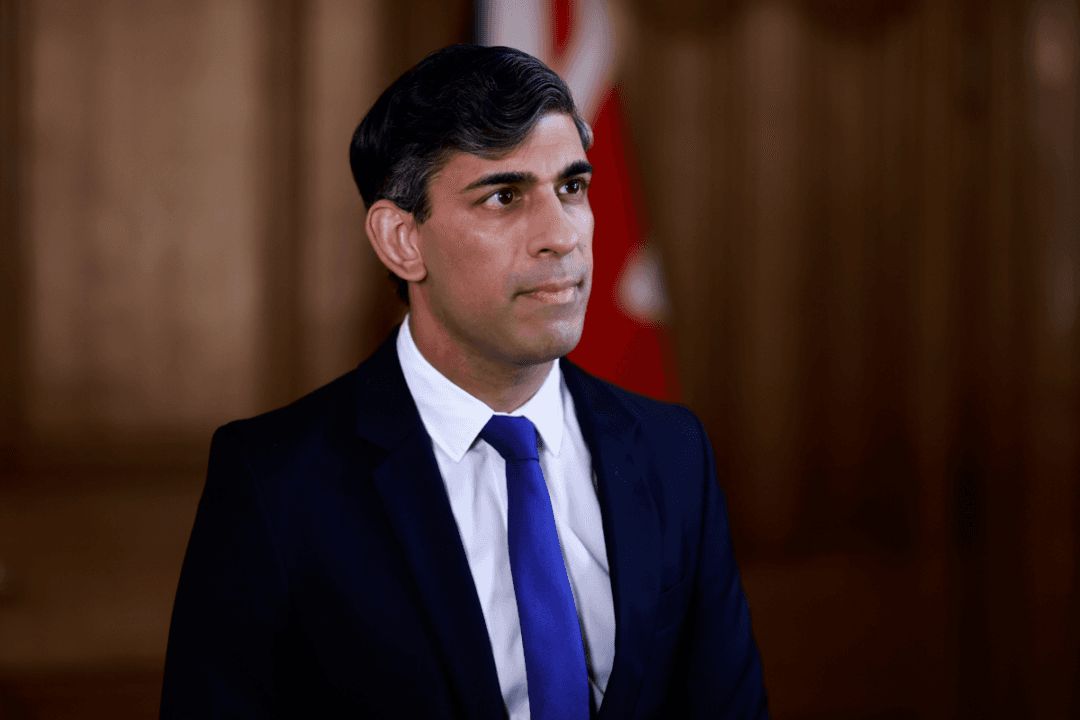Prime Minister Rishi Sunak told Israeli Prime Minister Benjamin Netanyahu that now is the time for “calm heads to prevail” in Israel’s response to Iran’s drone and missile attack.
The prime minister spoke to his Israeli counterpart on Tuesday afternoon, affirming the UK’s support for Israel’s security but also urging restraint after Iran had launched some 350 projectiles at the country on April 13.





